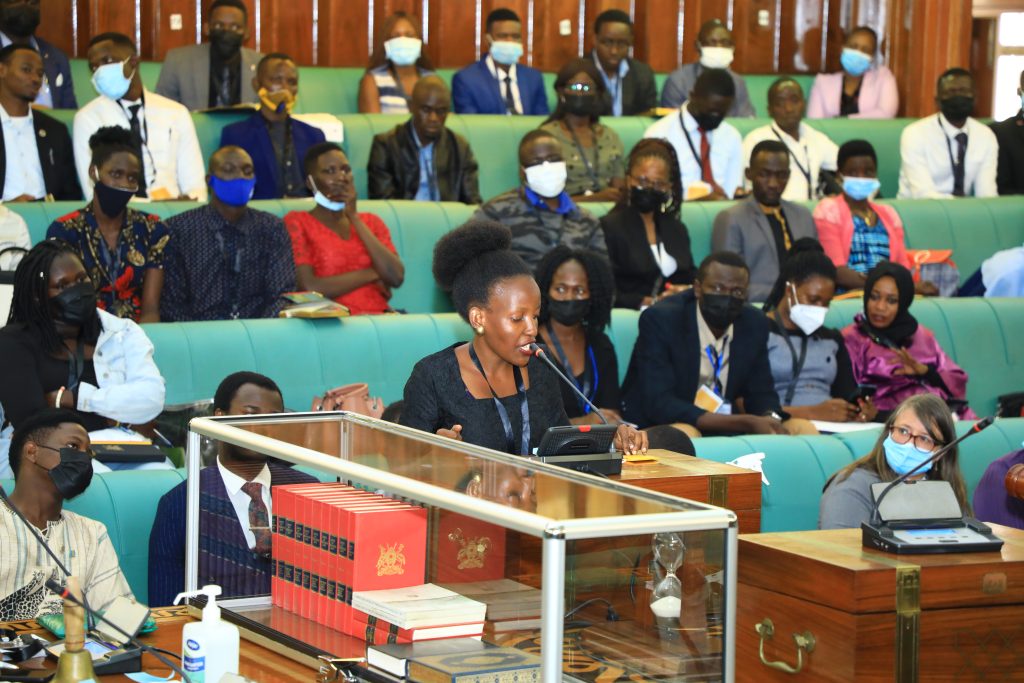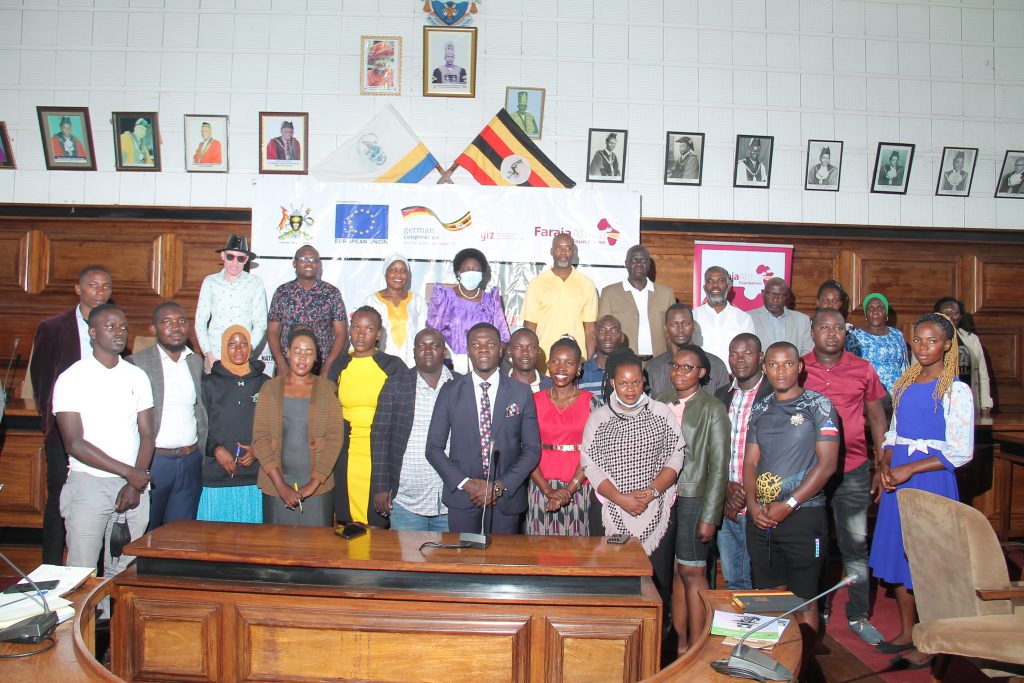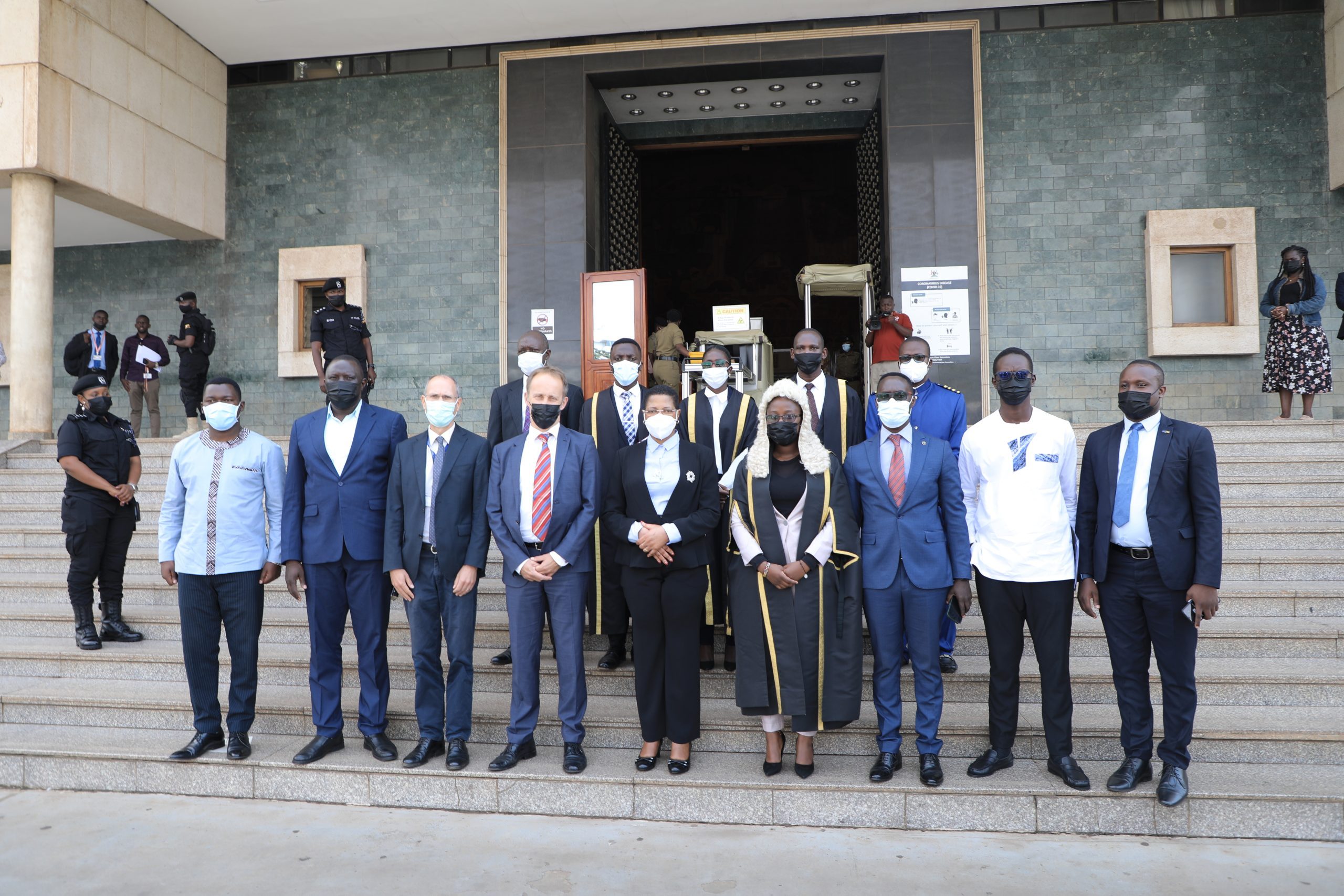Empowering Uganda’s Future: The Importance of Youth Inclusion in Decision Making Processes in Civil Society
Uganda is a country with a vibrant youth population that has the potential to drive positive change in the society. Unfortunately, young people are often excluded from decision-making processes in civil society. In order to create a more equitable and inclusive society, it is crucial to increase youth involvement in decision making processes.
Creating Youth-Friendly Spaces

Namutebi Ruth presenting a petition about youth unemployment in the National Youth Parliament
Creating safe and welcoming spaces for young people is essential in increasing their participation in civil society. These spaces can be both physical and virtual, providing young people with the opportunity to share their thoughts and ideas. This can be achieved through community centers, youth-led organizations, or online platforms.
Providing Training and Capacity Building
Many young people lack the necessary skills and knowledge to participate in decision-making processes. Providing them with training and capacity building opportunities can help to develop their skills and confidence. This can involve programs that focus on leadership, advocacy, public speaking, and organizational skills.
Engaging with Youth-led Organisations
There are many youth-led organisations in Uganda such as Faraja Africa Foundation that are already working on issues that are important to young people. Engaging with these organizations and supporting their work can help to build a stronger and more inclusive civil society that reflects the needs and priorities of young people.
Fostering Intergenerational Dialogue

Second Deputy Prime Minister in a group photo with the Young leaders who attended the Busoga subregional Youth Parliament
In many cases, there is a disconnect between young people and older generations in civil society. Fostering intergenerational dialogue can help to bridge this gap and ensure that the perspectives and experiences of all generations are taken into account in decision-making processes.
Encouraging Youth Representation in Decision-making Bodies
One of the most effective ways to increase the inclusion of young people in decision-making processes in civil society is to ensure that they are represented in decision-making bodies. This can be done through the creation of youth advisory boards or by ensuring that young people are included in existing decision-making bodies. For-example; The European Union (EU) in Uganda is creating a European Union Youth Sounding Board coordinated by Faraja Africa Foundation in-order for the young people to be part of the decision making processes in the EU. This will be two year project that will entail building the capacity of young people to mobilise resources ,advocacy et al while using these skills while interacting with the EU on behalf of the young people. (more details to follow..)
Empowering young people and increasing their involvement in decision-making processes in civil society is essential in creating a brighter future for Uganda. By creating youth-friendly spaces, providing training and capacity building, engaging with youth-led organizations, fostering intergenerational dialogue, and encouraging youth representation in decision-making bodies, we can ensure that young people have a voice and a stake in the future of Uganda. Together, we can build a more democratic, equitable, and effective society.
Compiled by Kanyesigye Edna- Advocacy Officer









